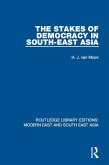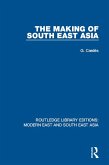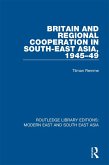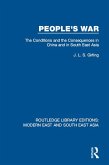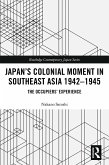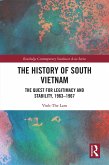This book, first published in 1969, casts a critical eye over the problem of insurgency. The author sees insurgency not just as a matter of technique - military tactics or organizational skill - nor as the result of 'force and fraud', but as 'people's war': the conditions in which the mass of the people become involved, voluntarily or otherwise, on either side. He quotes Nasution's statement, 'The guerrilla movement is only the result, not the cause of the problem'. People's war brings the peasantry, hitherto ignorant, apathetic or rejected, into the political process. For 'war is ... the continuation of politics by other means'. In Asia this was essentially a peasant's war, arising when peasant grievances, interests or demands cannot be met under the existing 'legitimate' but urban or landowner-orientated system of rule. It shows little understanding to blame outside intervention when peasant - and nationalist - unrest leads to revolt. The Chinese Communists did not owe success to Soviet aid, the Vietminh to Chinese assistance or the Vietcong to North Vietnamese intervention. The conclusion applies to governments as to insurgents: no amount of outside aid can win the war for them if they themselves are incapable and the people - on whom they depend for support - have no will to fight. This book, based on first-hand experience of the area and on study of original sources, offers (1) an analysis of 'people's war' in China, Indochina and Vietnam, (2) a critique of US policy in Laos and Vietnam and (3) a comparison with counter-measures in Malaya, the Philippines and Indonesia. It is both original and constructive.
Dieser Download kann aus rechtlichen Gründen nur mit Rechnungsadresse in A, B, BG, CY, CZ, D, DK, EW, E, FIN, F, GR, HR, H, IRL, I, LT, L, LR, M, NL, PL, P, R, S, SLO, SK ausgeliefert werden.




